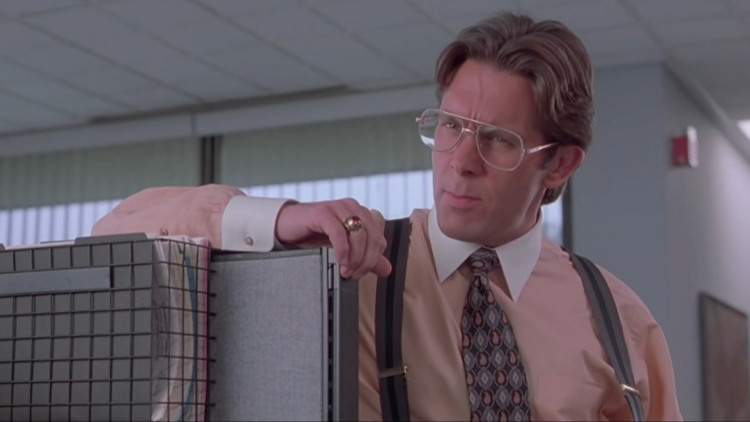It feels so long ago now, but many of us can recall that it was quite an adjustment when we had to start working from home full-time in the wake of the emergence of the COVID-19 pandemic.
But while there are certainly people who missed how things worked in the office over the last two years, it seems that most of us not only found we could work just as well at home, but actually preferred it that way.
For that reason, those who thought everything would go back to the way it was if they mandated a return to the office soon discovered that this idea would prove more unpopular than expected.
For employees who find that they’re just as productive as before and have more of their life to enjoy than when they had to commute, this seems like an unnecessary imposition. And depending on how their management implements such a plan, it’s something that’s not only worth quitting over, but that can also draw backlash from outside the company.
That’s why one recruiter is advising managers not to try it. But if they must, he shared the concessions he thinks they’ll need to make to keep their workers.
Back in February, a corporate recruiter named Jeremy Bell made a LinkedIn post outlining what incentives a company should offer if they’re committing to a return to the office.

In his words , “If your employees have been working from home for 2 years and still hitting their goals, but for some odd reason, you MUST get them back into the office… Here’s what you should start offering.”
Firstly, these included company-paid bus or train passes, as well as gas cards and parking passes for commutes.
Bell also recommended daily free lunches and unlimited free snacks and coffee.

After all, not only is it cheaper for employees to prepare food at home, but commuting costs money no matter how they do it.
By a similar token, Bell advised doing away with dress codes since people can essentially wear what they want at home. And failing that, he felt companies should offer an expense reimbursement for business clothes.
And since working from home has allowed people to spend more time with children and pets, he recommended company-paid childcare for return to office plans.

At the very least, Bell maintained that they should have an open-door policy for pets and children coming into the office.
And if this sounds like it might make the office noisy, this is solved by his other suggestion of giving each employee their own private office. After all, isn’t that essentially what a home office is?
Finally, Bell said these companies should offer free access to gyms or showers either on-site or nearby and be flexible about arrival times during inclement weather.

By now, you’ve likely noticed that his recommendations would require some expensive alterations to a company’s policies and even to the office itself.
To that, Bell said, “Can’t afford all that? Then just give them the option to stay home. You probably can’t afford to lose your employees either.”
Because if a given company isn’t willing to be flexible about working from home, its competitors may feel differently. To underscore that point, he offered 100% remote roles to anyone reading who’s facing a return to the office right now.
h/t: LinkedIn | Jeremy Bell

















































